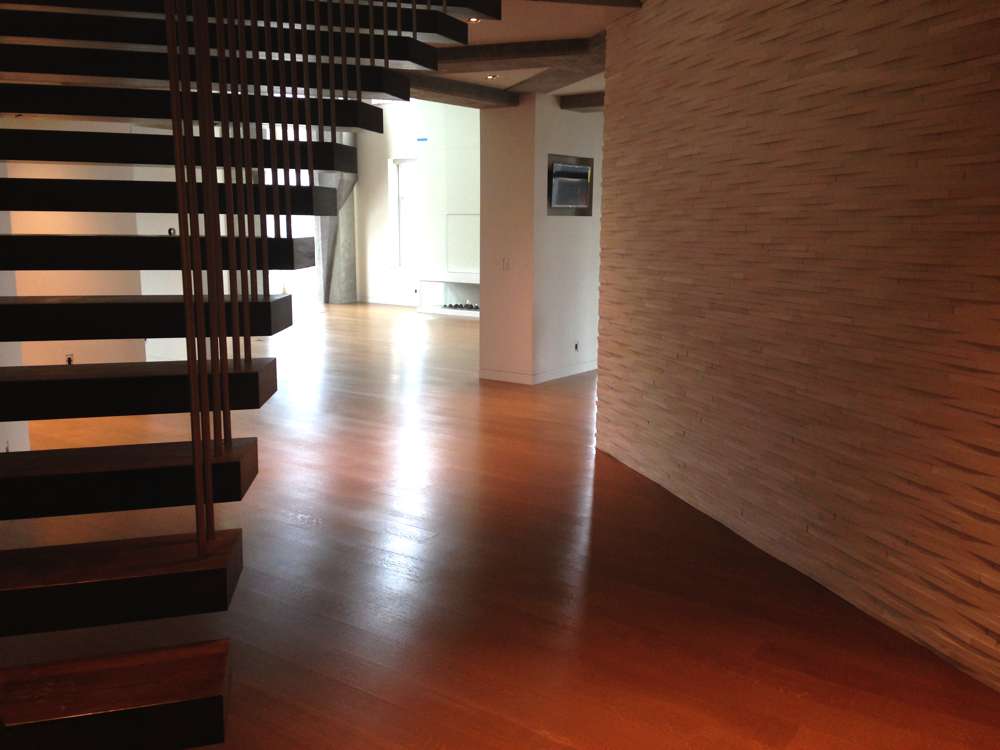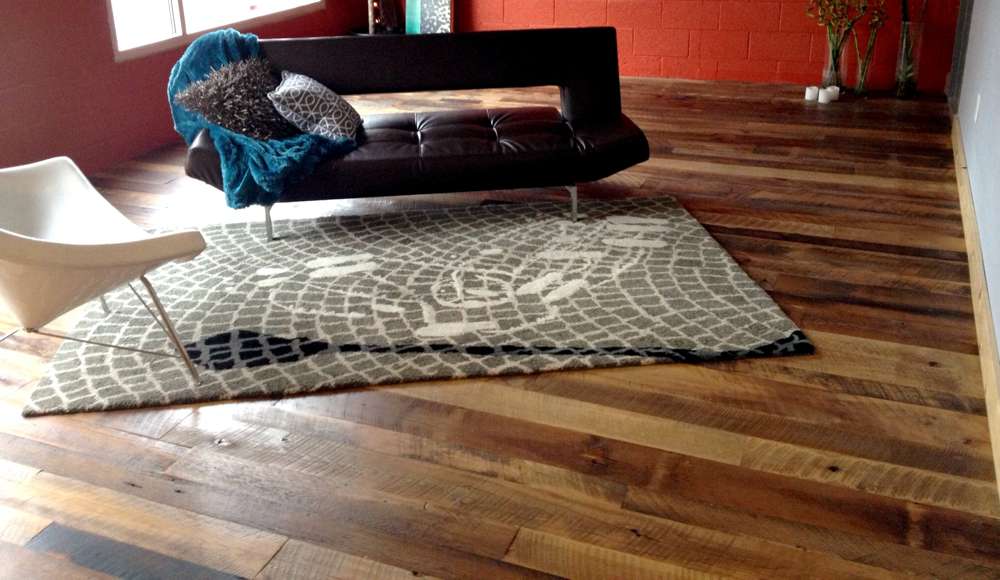Consumers are getting more and more conscious when it comes to their health and prevention of allergies. Organic cosmetics, less processed and preservative-free food, and even organic cotton clothing are becoming essential norms if one wants to lead a healthy lifestyle and reduce the risk of several types of allergies.
So, what about your home or your place of work? Certainly, flooring takes up a large percentage of the space you are spending time in, yet many people overlook the floor as a potential source of allergies. If you are soon to renovate your home or do an update to your workplace, the right choice of flooring is a significant factor in reducing these risks.

Table of Contents
ToggleThe advantages of hardwood flooring
There are advantages and disadvantages of each type of flooring. Hardwood flooring is a great option for those who suffer from asthma or dust allergies and is also recommended from the AAFA (Asthma and Allergy Foundation of America). In the case of older wood floors, it is important that the hardwood is well-preserved and compact, showing no signs of worn finish; otherwise, it may have tiny gaps and cracks where dust and dirt get trapped.
New finished hardwood floors should be evenly surfaced (no hidden place for dust) and easy to clean. You may opt for water-based top coat finish rather than oil-based. At T&G, you won’t go wrong with either, since all of our floor finishes are free of VOC (Volatile Organic Compounds).
Is carpeting a no-no?
Installing a beautiful hardwood floor usually frees you from carpeting later on. Carpets are known for accumulating fine dust and therefore are not the right suggestion for people prone to allergies. They also tend to retain moisture, which increases the chance of mold growth.

If you still want to have a carpet area in your home or simply want to decorate it with some chic rugs (not recommended in moist areas), be sure to frequently provide proper care – cleaning, regular vacuuming, etc. – to maintain a healthy environment. Smaller carpets and rugs are easier and quicker to maintain.
Dust-free floor sanding
If you need to sand an existing wood floor, you need to be aware of the amount of wood dust in the process and be protected from the exposure to such.
Contact us to sand and refinish your floor, dust- and hassle-free!

